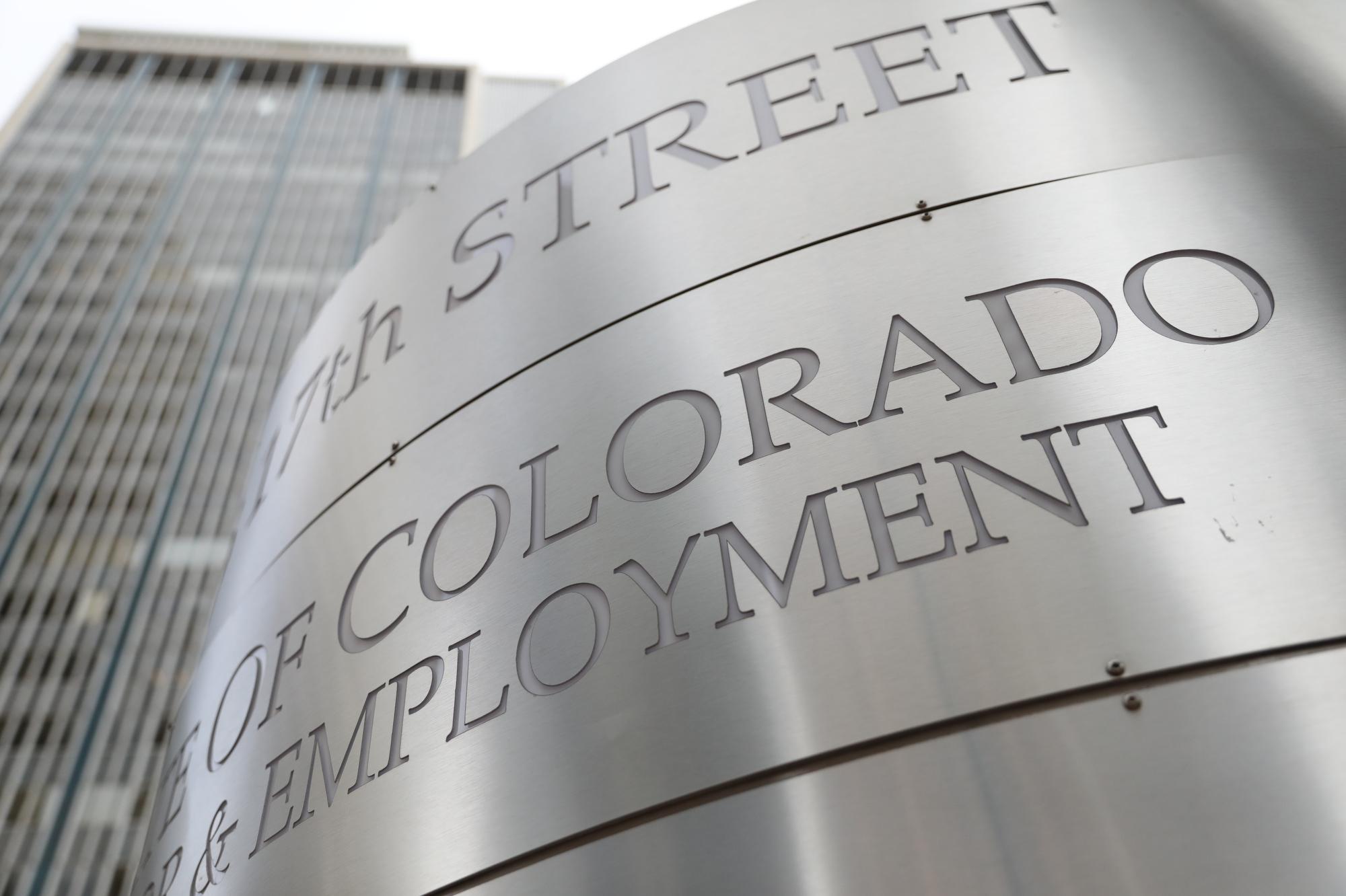
The Colorado Department of Labor and Unemployment has a major backlog on claims for first-time unemployment insurance benefits in the state — and according to federal data, it’s the slowest in the nation.
The U.S. Department of Labor reports that in December, more than 35 percent of about 6,700 new unemployment insurance claims filed in Colorado were processed within three weeks.
The department’s website says 21 days is the threshold for the timely disbursement of benefits made to eligible claimants.
At the start of the pandemic in April 2020, Colorado performed better than it is now with roughly 205,000 new unemployment claims. It processed 95 percent of those within three weeks, the data shows.
The state department of labor’s Unemployment Insurance Division said Friday it has been working through the immense claims, and they attributed the backlog to the pandemic, staff attrition, hiring obstacles, onboarding and training requirements, and job separation requirements specific to Colorado.
“We acknowledge that processing times for new claims continues to be unacceptably high,” the department said in an emailed statement.
Colorado labor officials said they are looking to be back on track by the end of March.
Federal data suggests that Tennessee is the next slowest state based on new unemployment claims filed in December. Department of Labor data shows Tennessee processed 50 percent of more than 5,000 claims within the threshold period.
According to the state labor department, Colorado is unlike most states in that state law requires the adjudication of job separations on all employers the claimant has worked for in the past 18 months, along with the most recent employer, in order to determine claimant eligibility to benefits.
In contrast, other states are only required to adjudicate only the most recent employer on their claims in order to determine claimant eligibility for benefits, the department said.
“This difference adds time and complexity to the processing of claims in Colorado as our staff are routinely required to adjudicate three and sometimes more job separations for each claim,” the state labor department said.









